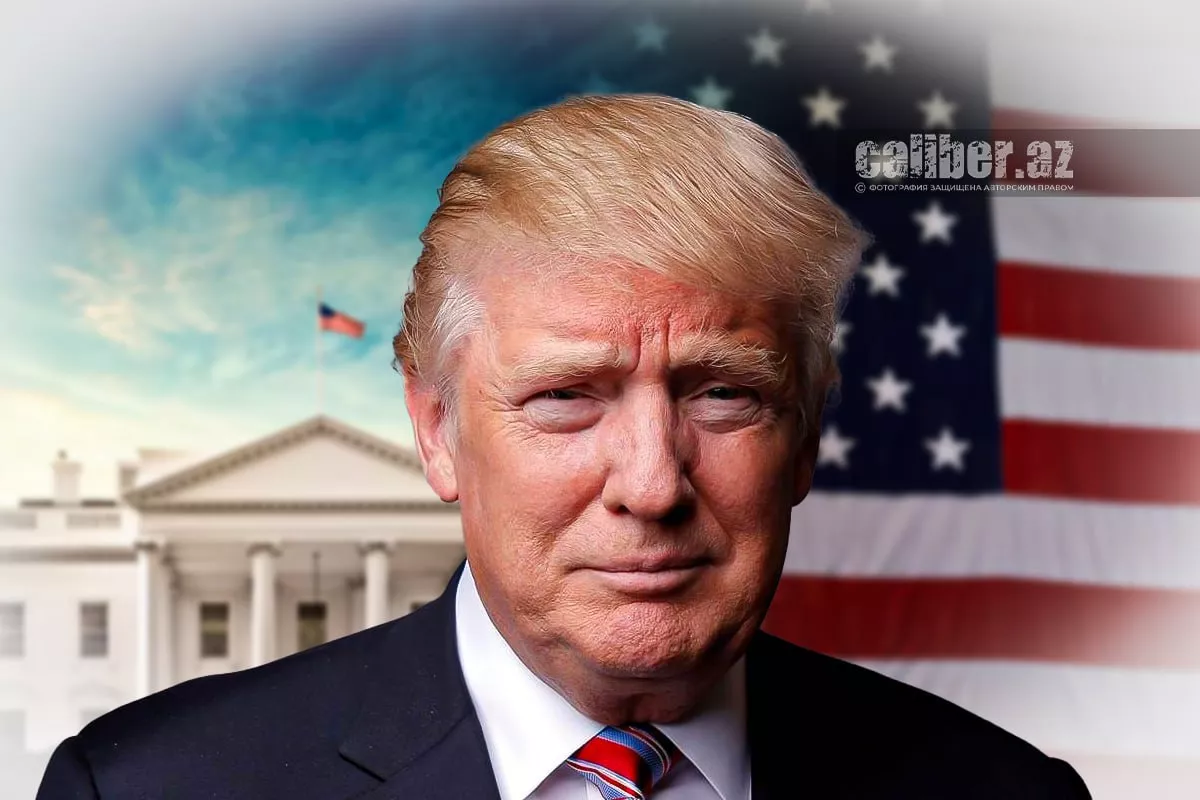Washington’s line from Munich to Annapolis Is America really losing its grip?
President of the United States Donald Trump presents an interesting ideological line to justify his actions. For the most part, he announces the upcoming steps himself, but the loudest statements from the White House are often redirected to Vice President JD Vance. This happened at the 61st Munich Security Conference, where the US Vice President sharply criticised Europe, even accusing it of departing from commonly accepted democratic values. Moreover, he stated that the greatest threats to the EU come not from Russia or China, but from within the community itself.

A similar situation occurred this May, when just a few days ago, an important position of the Washington administration on a global scale was directly voiced by Vance himself. In his speech before the graduating class of the U.S. Naval Academy in Annapolis, Vance announced the end of the undisputed dominance of the United States on the world stage, as the country currently faces serious threats from China, Russia, and other nations that are "determined to beat us in every single domain."
As a result, Washington’s priority is highlighted as widening the technological gap between the American armed forces and their adversaries around the world. At the same time, the U.S. does not plan to initiate indefinite military operations abroad without a clear objective, as Americans are returning to a strategy "grounded in realism and protecting our core national interests," with military actions expected to be forceful and decisive when undertaken.
In general, it is short and clear. The thing is, for many analysts, the view expressed by Vance was, to put it mildly, unexpected. Why is that interesting? This question is far from trivial, since every five years the U.S. National Intelligence Council (the centre for mid- and long-term strategic planning in the U.S. intelligence community) publishes reports that shape the main understanding of processes expected 15 years ahead.
So, the 2008 report titled Global Trends 2025: A Transformed World confidently stated that the rise of China, India, and several other states will lead to the emergence of a global multipolar system. By 2025, there will be no single international community consisting of nation-states due to the distribution of power among new players under new rules of the game, which may contribute to weakening traditional Western alliances. Instead of imitating Western models of political and economic development, an alternative development model offered by China may become increasingly attractive to a growing number of countries.
Hence, the ongoing continuation of an unprecedented shift in global wealth and economic power from the West to the East.
To reiterate, the forecast presented above by the U.S. National Intelligence Council in the geopolitical sphere clearly aligns with the current historical stage we are experiencing. Therefore, Vance’s viewpoint was not revolutionary for those “in the know.” After all, he acknowledged the possibility of the U.S. delivering necessary armed strikes against state enemies when required — something we have witnessed recently in the context of the Middle East.
The subtlety here is that Washington openly recognises the world’s right to multipolarity, but with a clear specification that the U.S. will not allow anyone to threaten its national interests. This means that intervention in the internal affairs of a particular country will most likely be selective, justified under the pretext of protecting the same national interests of the United States.

It is quite telling that, in response to Vance’s statements, experts were more focused on the question of why Donald Trump has chosen to delegate the leading role in announcing his foreign policy line to his vice president. Some see the reason in Vance’s eloquence, while others suggest different explanations. For us, however, this is completely irrelevant. What matters are the deeper nuances behind what has happened.
Be that as it may, just as the Munich speech came as a shock—mainly to the transatlantic community—so too will Vance’s speech in Maryland be analysed for a long time in various global circles. However, in our view, no matter what others may think, Vance was speaking about a deeper involvement of the United States in global affairs.
Acknowledging China’s rise and, to some extent, Beijing’s confidence in resolving a significant portion of global issues, Washington announced new priorities for the country. But not as a frantic attempt to find a way out of the current situation — rather, solely in terms of shaping a new world order in the form Americans would like to see it.
In other words, once again, the plans to implement Trump’s slogan “America First” (“Make America Great Again”) are very much on the surface.
Therefore, the “in-depth” articles appearing in various reputable media outlets claiming that Vance supposedly admitted to a weakening of the United States’ position in the world remain nothing more than articles. In this regard, Mark Twain’s famous phrase comes to mind—that reports of his death were “greatly exaggerated.” Likewise, the confidence (or hopes and dreams) of certain forces about the geopolitical death of the USA are nothing more than “greatly exaggerated.”








